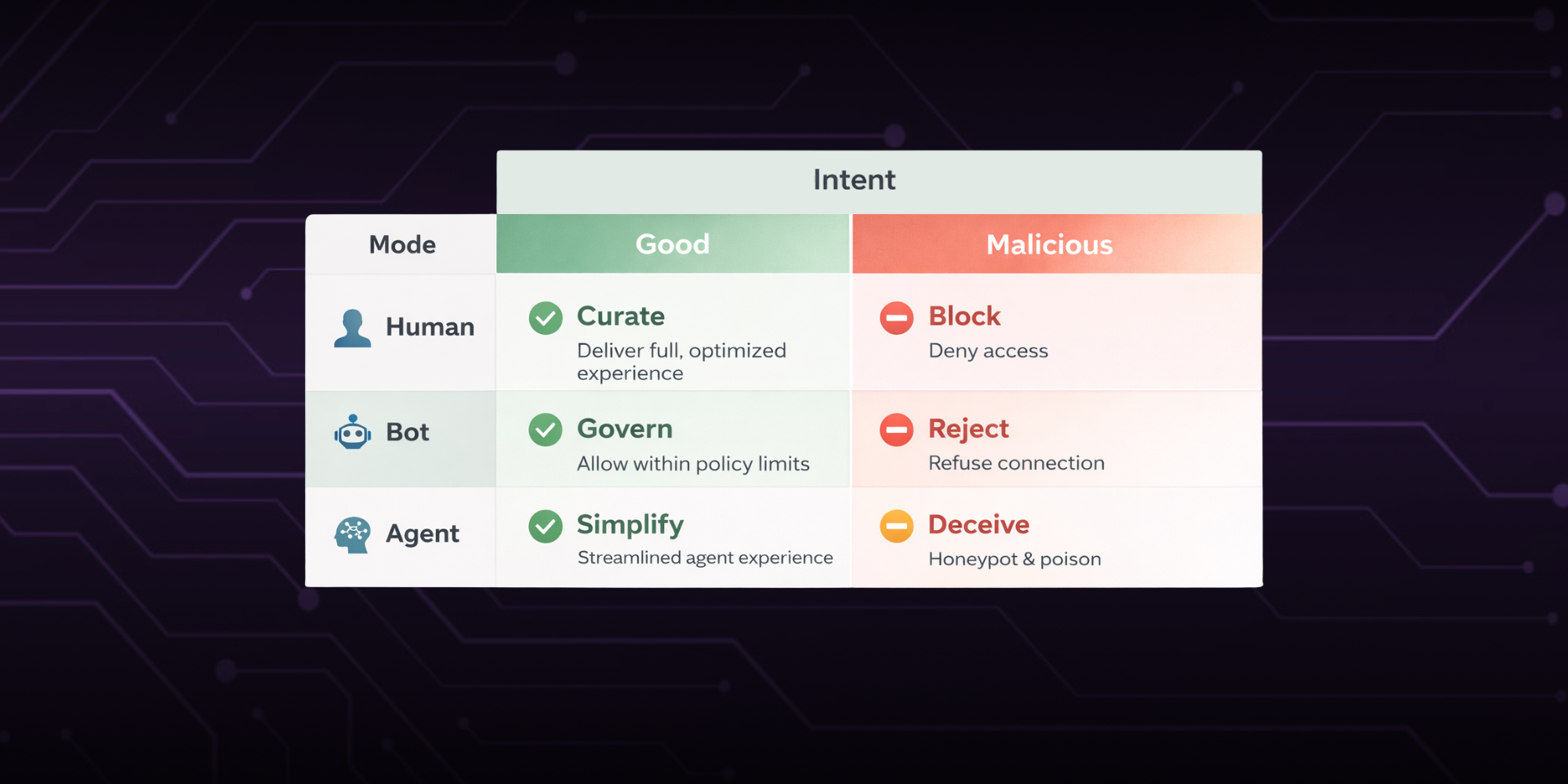
#25: Browser Use VC Funding, Visa Delays VAMP, US Pulls Back Fraud Enforcement
As fraud tactics evolve and the lines between humans, bots, and automation continue to blur, the systems we rely on to fight back are under more pressure than ever. Let’s dig in.
NATE'S TAKE - APRIL 1, 2025
Top Three This Week
- Browser Use Lands VC Backing to Build for an AI-Agent Future
- Visa Delays VAMP and Quietly Rolls Out New Fees for Merchants
- When the U.S. Pulls Back on Fraud Enforcement, Global Scammers Step In
1. Browser Use Lands VC Backing to Build for an AI-Agent Future

Felicis just announced their investment in Browser Use, a startup betting big on a web experience built for machines, not just humans. Their thesis? The majority of browser activity in the future won’t come from people—it’ll come from AI agents.
For fraud fighters, that shift is already underway. We’re seeing attackers layer in AI browsing agents that can simulate real users, navigate login flows, and complete purchases. The result is more fraud attempts that look eerily human, slipping past legacy defenses that rely on device signals or on-page behavior.
Browser Use is building tools for this new web reality, one where software interacts with websites just like a person would, but at scale, and with intention. With VC funding now backing that vision, this isn't a fringe concept. It’s a signal that the AI-agent era is here, and growing fast.
As more automation hits the browser, fraud prevention has to get smarter. That means capturing behavioral context across journeys, distinguishing real intent from scripted automation, and anticipating new threat models before they go mainstream.
The browser is changing, and with it, the battleground for trust.
2. Visa Delays VAMP and Quietly Rolls Out New Fees for Merchants

Visa has once again delayed its Visa Acquirer Monitoring Program (VAMP), pushing implementation from April to October 2025, and extending the probationary period for merchants flagged by the program through January 2026.
But that’s not the only change happening.
As flagged by Karisse Hendrick on LinkedIn, Visa is also rolling out new chargeback fees starting April 1—and many online merchants haven’t been informed. Here are the key changes:
- Re-presentment fees: It will now cost $1.05 to $4.00 to dispute a chargeback, depending on how quickly your acquirer files it into Visa’s Resolution Online (VROL) system.
- Acceptance fees: Merchants who accept a chargeback will also be charged based on when they take action.
- Inaction fees: If no action is taken on a chargeback within 30 days, a $7 fee will be charged to the acquirer (and likely passed on to the merchant).
These new fees are in addition to existing chargeback fees already charged by acquirers and processors—and come at a time when merchants are already navigating complex fraud environments and thin margins.
Meanwhile, acquirers like Stripe (who just added a $15 fee!) are reportedly adjusting their own fee structures in response, meaning the true cost to merchants could be even higher.
If card networks want merchants to be better fraud partners, they have to do better at communicating changes that impact fraud operations. Quietly adjusting the rules and hoping no one notices isn’t the way forward.
3. When the U.S. Pulls Back on Fraud Enforcement, Global Scammers Step In

A recent op-ed in The Hill lays out a stark reality: the U.S. government is pulling back just as online fraud is reaching new heights. In recent years, funding cuts and political pressure have weakened key agencies like the CFPB and FTC, while online protections have been rolled back or left unenforced.
That retreat creates the perfect environment for international scam operations to thrive.
We’ve covered many of them here in Fraud in Focus—pig butchering scams run from compounds in Myanmar, call center fraud rings in Southeast Asia, scam e-commerce pages, and fake text alerts that trick victims into sending money or sharing credentials. These networks are growing more sophisticated, and they’re increasingly targeting Americans across social media, messaging platforms, and even marketplaces.
Experts quoted in the piece, including consumer advocates and law enforcement, argue that without stronger policy and enforcement, the U.S. is leaving the door wide open for global scammers. While companies and consumers are forced to deal with the fallout, there’s little risk or accountability for the perpetrators.
Online fraud is a global business, and when one of the largest consumer economies in the world starts turning a blind eye, it doesn’t just hurt American consumers—it empowers global fraud networks to scale faster, further, and with more confidence than ever.
Ready to get started with Spec?
Nate Kharrl, CEO and co-founder at Spec, has built leading solutions for application security and fraud challenges since the early days of the cloud era. Drawing from his cyber experience at Akamai, ThreatMetrix, and eBay, Nate helped found Spec to focus on the needs of businesses operating in a landscape of increasing AI risks. Under Nate’s leadership, Spec grew from its mid-pandemic founding to raise $30M in venture-backed funding to build solutions used by Fortune 500 companies transacting billions in online commerce. Spec’s service offerings today include protective measures for websites and APIs that specialize in defending against attacks designed to bypass bot defenses and risk assessment platforms.




